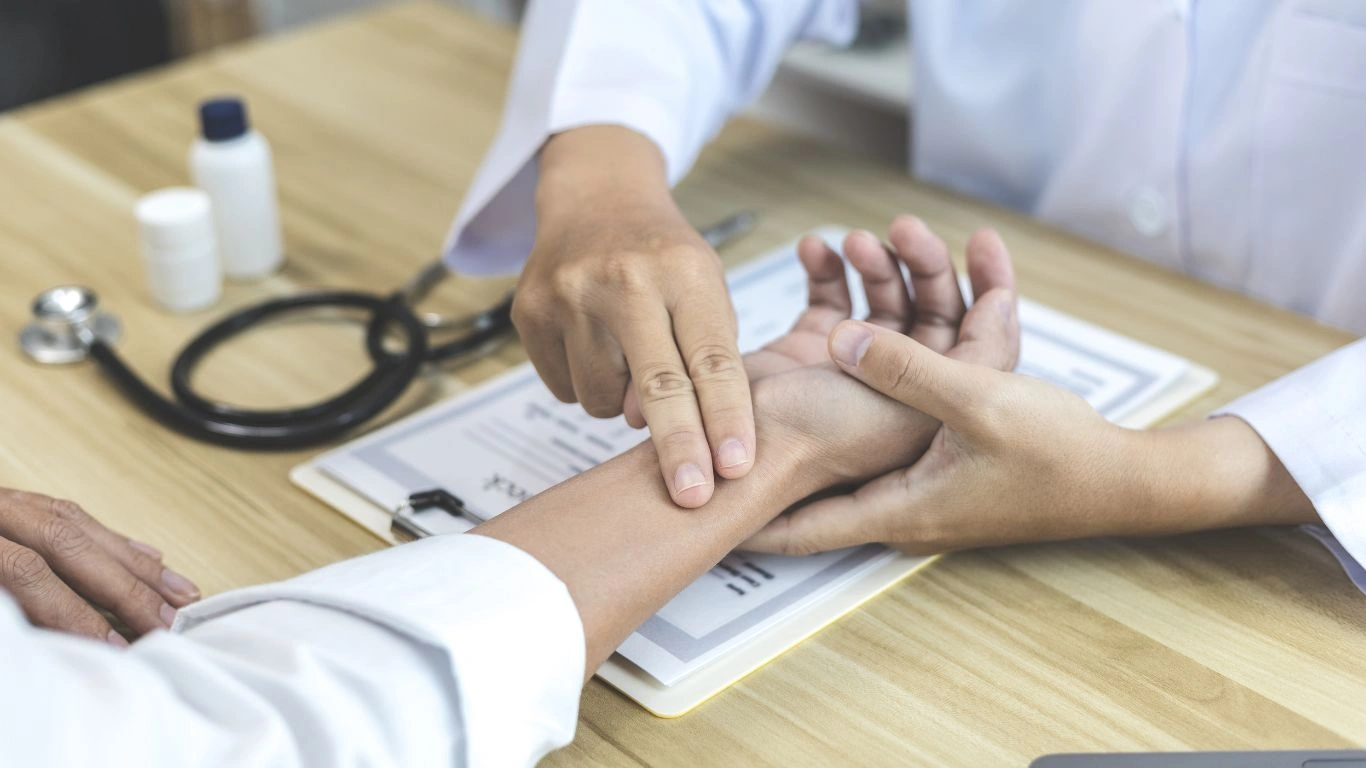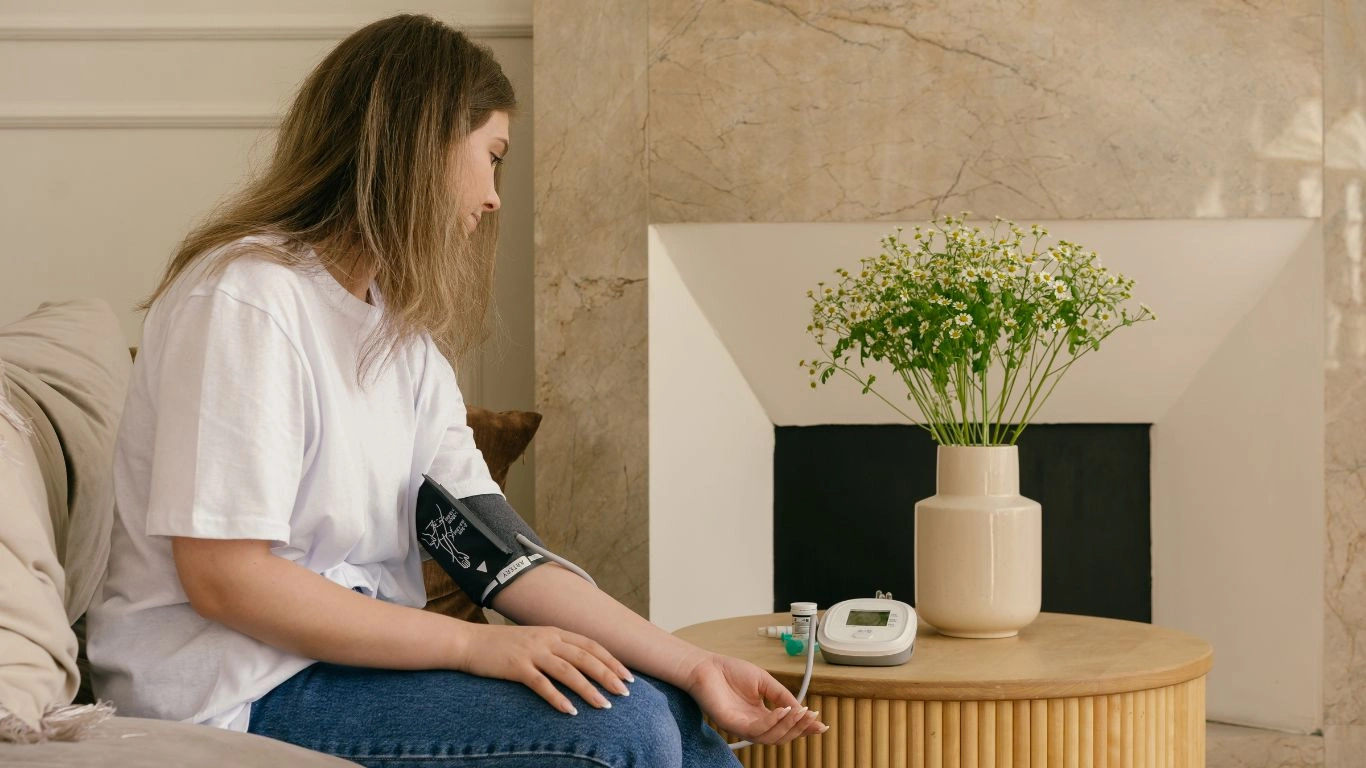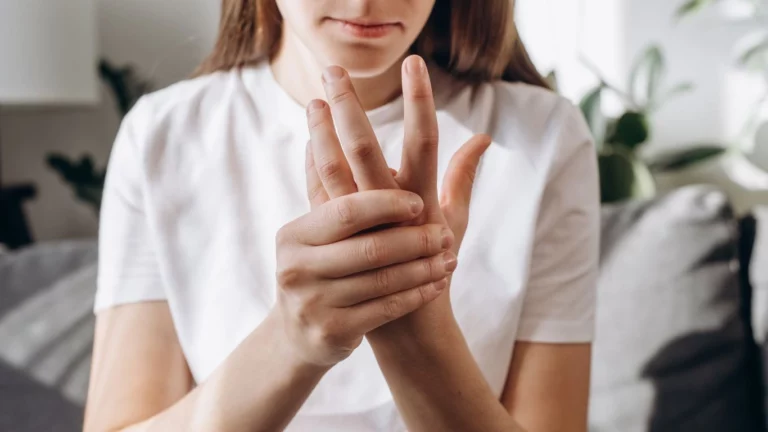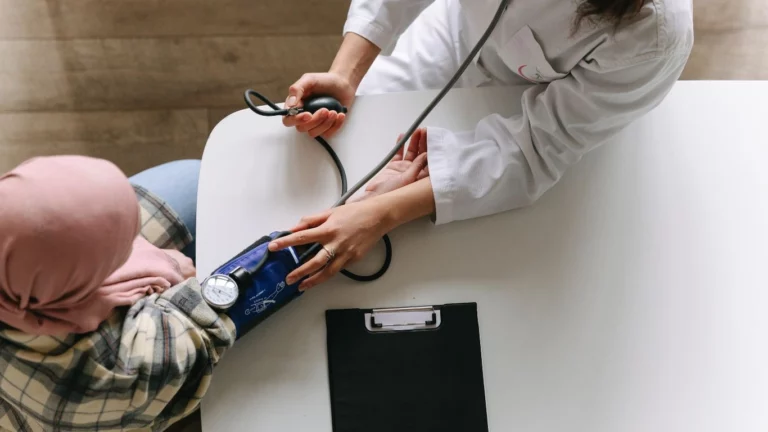The Connection Between Hydration and Hypertension: What You Need to Know
Staying hydrated is often overlooked as a way to help manage hypertension. But did you know that hydration can actually have a big impact on your blood pressure? In this article, we’ll dive into the connection between hydration and hypertension and share some practical tips to keep your blood pressure in check!
If you’ve ever been told to drink more water, you probably know that hydration is essential for overall health. But when it comes to hypertension, staying hydrated might just be one of the easiest things you can do to keep your blood pressure in check. Let’s break down why hydration matters for hypertension and how it can help you manage your blood pressure more effectively.
What Is Hypertension?
Before we get into hydration, let’s quickly touch on hypertension (high blood pressure). Hypertension is a condition where the force of your blood against the walls of your arteries is consistently too high. Over time, this can lead to serious health problems like heart disease, stroke, and kidney damage. That’s why keeping your blood pressure under control is crucial!
How Hydration Affects Blood Pressure
So, why is hydration important for blood pressure? The short answer is that water plays a big role in regulating the volume of blood in your body. When you’re dehydrated, your blood volume decreases, and your body tries to compensate by narrowing your blood vessels. This narrowing increases the resistance against your blood flow, which can raise your blood pressure.
In addition, dehydration can cause your body to release hormones that constrict your blood vessels, further increasing your blood pressure. Basically, when you’re not drinking enough water, your body has to work harder to maintain normal blood circulation, which can lead to higher blood pressure.

The Role of Electrolytes
Hydration is about more than just water; it’s also about maintaining the right balance of electrolytes, like sodium, potassium, and magnesium. These minerals help control fluid balance and maintain normal blood pressure. If you’re dehydrated or your electrolyte levels are off, it can cause an imbalance that affects your blood pressure.
For example, low potassium levels can cause your blood vessels to constrict, leading to higher blood pressure. On the other hand, drinking water with electrolytes can help keep this balance in check, supporting better blood pressure regulation.

How Much Water Should You Drink?
If you’re wondering how much water you need to drink to manage hypertension, the answer varies from person to person. However, a general guideline is to aim for around 8 cups (64 ounces) of water per day. This can vary depending on factors like your activity level, climate, and overall health.
If you’re dealing with hypertension, staying well-hydrated is one of the simplest and most effective ways to support your body. But remember, hydration isn’t a cure for hypertension—it’s just one piece of the puzzle. It’s also important to follow a healthy diet, exercise regularly, and take any prescribed medications as directed by your doctor.
Tips for Staying Hydrated and Managing Blood Pressure
Here are some practical tips to help you stay hydrated and support healthy blood pressure:
1. Drink Water Throughout the Day
Aim to drink water consistently throughout the day rather than chugging large amounts at once. Carry a reusable water bottle with you to remind yourself to drink regularly. If you’re someone who forgets to drink water, setting reminders on your phone can be a game-changer.
2. Add Electrolytes for Balance
If you’re sweating a lot or doing intense exercise, you may need more than just water. Electrolyte drinks or adding a pinch of salt to your water can help maintain electrolyte balance, which is key for blood pressure regulation. But be cautious of sugary sports drinks—look for options with lower sugar content.

3. Eat Hydrating Foods
In addition to drinking water, you can boost hydration with foods that contain high water content, like cucumbers, watermelon, oranges, and strawberries. These foods also provide essential vitamins and minerals that can support overall health.
4. Watch Your Caffeine and Alcohol Intake
While moderate amounts of caffeine and alcohol are fine for most people, they can both have a dehydrating effect. If you’re managing hypertension, be mindful of how much coffee, tea, and alcohol you consume, as they can contribute to dehydration.
5. Monitor Your Blood Pressure
Keeping track of your blood pressure at home can help you stay on top of any changes. Regular monitoring can give you insights into how hydration, diet, and lifestyle changes are affecting your blood pressure. Talk to your healthcare provider about how often you should monitor your blood pressure.
Conclusion
Hydration is an often-underestimated factor in managing hypertension, but it can play a significant role in supporting healthy blood pressure. By staying well-hydrated, balancing electrolytes, and making healthy lifestyle choices, you can help keep your blood pressure in check. If you’re dealing with hypertension, hydration is a simple and effective way to give your body the support it needs to function at its best.

Appendices
FAQs
- Does drinking water lower blood pressure? While hydration alone isn’t a cure for high blood pressure, it can help regulate blood volume and reduce the strain on your heart, potentially lowering blood pressure over time.
- Can dehydration cause high blood pressure? Yes, dehydration can cause your blood vessels to constrict, which increases the resistance against your blood flow and raises blood pressure.
- How can I stay hydrated if I don’t like plain water? You can infuse your water with fruits like lemon, cucumber, or berries to add flavor without added sugar. Electrolyte-enhanced water is another great option.
- Is it possible to drink too much water? Yes, drinking excessive amounts of water can lead to a condition called hyponatremia, where sodium levels in the blood become too diluted. It’s important to drink the right amount for your body’s needs.
- Should I drink water with electrolytes if I have hypertension? Yes, drinking water with electrolytes can help maintain fluid balance and prevent dehydration, both of which are important for managing blood pressure. Just be mindful of sodium content.
References
- American Heart Association (2024). “Hypertension and Fluid Balance: Understanding the Connection.” Read Article
- National Institutes of Health (NIH). (2023). “The Importance of Hydration in Blood Pressure Regulation.” Read Article
- Mayo Clinic (2024). “Dehydration and Hypertension: What You Should Know.” Read Article
Disclaimer: The information provided in this article is for educational purposes only and does not substitute for professional medical advice. Always consult with your healthcare provider before making any

Dr. Gwenna Aazee is a board-certified Internal Medicine Physician with a special focus on hypertension management, chronic disease prevention, and patient education. With years of experience in both clinical practice and medical writing, she’s passionate about turning evidence-based medicine into accessible, actionable advice. Through her work at Healthusias.com, Dr. Aazee empowers readers to take charge of their health with confidence and clarity. Off the clock, she enjoys deep dives into nutrition research, long walks with her rescue pup, and simplifying medical jargon one article at a time.







